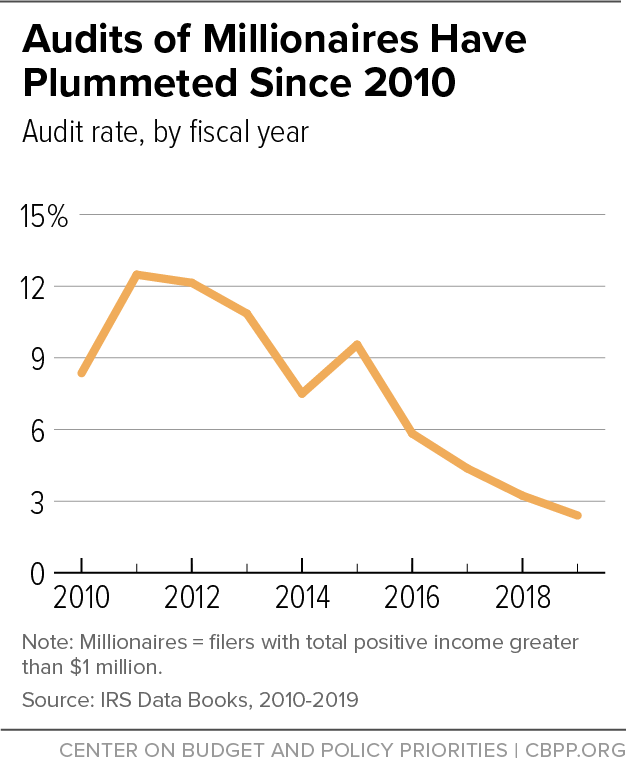Chuck Marr, Director of Federal Tax Policy at the Center on Budget and Policy Priorities said:
Rebuilding IRS Would Reduce Tax Gap, Help Replenish Depleted Revenue Base


Posted 2021-April-14, 19:52
Chuck Marr, Director of Federal Tax Policy at the Center on Budget and Policy Priorities said:


Posted 2021-April-15, 07:31

Posted 2021-April-15, 16:14

Posted 2021-April-15, 16:38

Posted 2021-April-15, 17:57
 barmar, on 2021-April-15, 16:14, said:
barmar, on 2021-April-15, 16:14, said:

Posted 2021-April-15, 18:54
 kenberg, on 2021-April-15, 17:57, said:
kenberg, on 2021-April-15, 17:57, said:

Posted 2021-April-15, 19:50

Posted 2021-April-15, 23:24
 Winstonm, on 2021-April-15, 19:50, said:
Winstonm, on 2021-April-15, 19:50, said:

Posted 2021-April-16, 07:57

Posted 2021-April-16, 08:39

Posted 2021-April-16, 14:53
 Winstonm, on 2021-April-16, 08:39, said:
Winstonm, on 2021-April-16, 08:39, said:

Posted 2021-April-16, 16:42

Posted 2021-April-17, 06:04
 pilowsky, on 2021-April-15, 18:54, said:
pilowsky, on 2021-April-15, 18:54, said:

Posted 2021-April-17, 14:46

Posted 2021-April-17, 15:44

Posted 2021-April-17, 16:04
 kenberg, on 2021-April-17, 15:44, said:
kenberg, on 2021-April-17, 15:44, said:

Posted 2021-April-17, 18:30
 Winstonm, on 2021-April-17, 16:04, said:
Winstonm, on 2021-April-17, 16:04, said:

Posted 2021-April-17, 19:14
 kenberg, on 2021-April-17, 18:30, said:
kenberg, on 2021-April-17, 18:30, said:

Posted 2021-April-17, 20:52

Posted 2021-April-18, 02:00